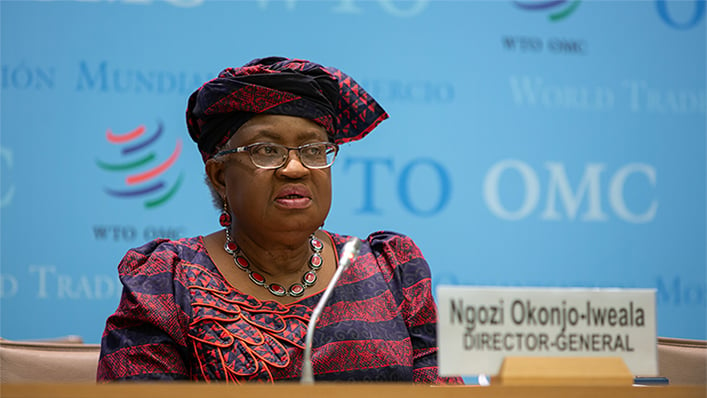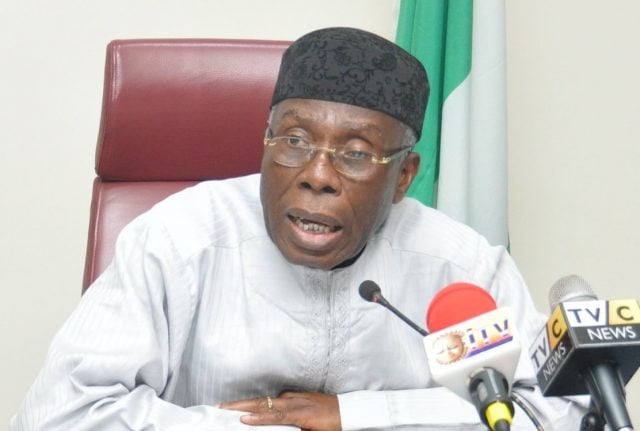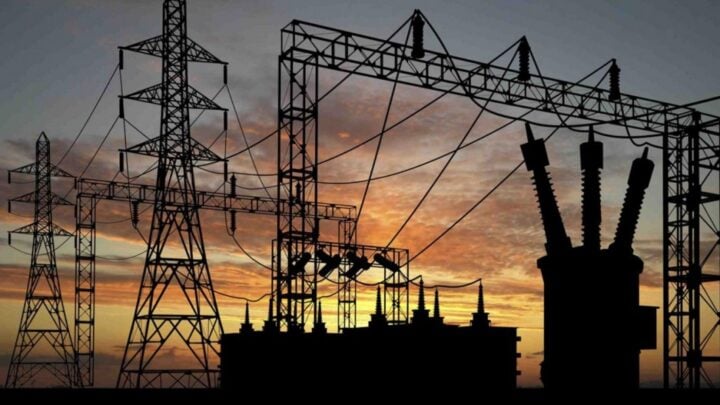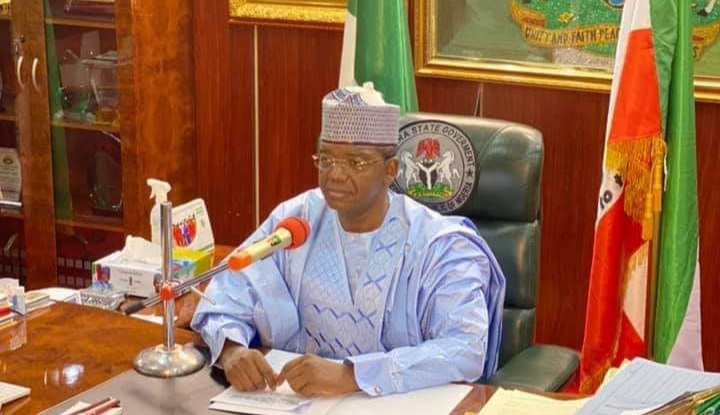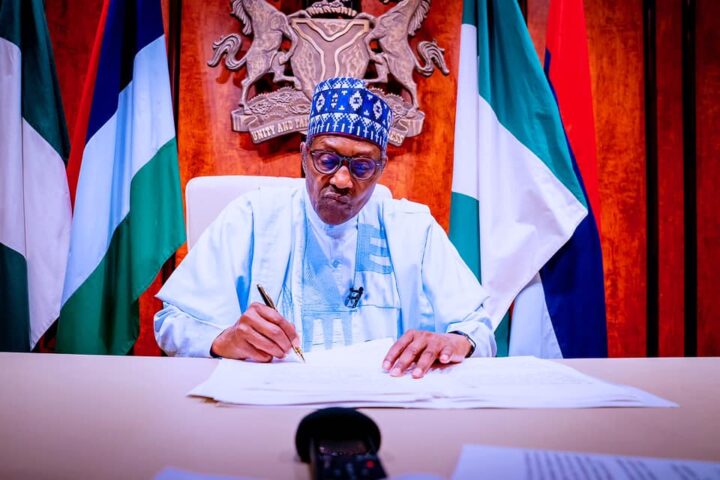Ngozi Okonjo-Iweala, director-general of the World Trade Organization (WTO), says lower trade costs will boost Africa’s economic recovery.
Last month, Okonjo-Iweala advised the continent to solve health crises and revive the service sectors — such as logistics and tourism.
The WTO DG, who spoke at the opening ceremony of the 2021 meetings of the African Development Bank (AfDB) on Wednesday, said record-high trade costs hinder the movement of goods.
She called for debt relief for African countries, adding that many countries are at risk of entering debt distress.
Advertisement
“When thinking about how to use debt productively, it is paramount to think about how it is managed and what it is used for,” she said.
“Debt means to go into high yielding activities with high rates of returns. One potential area for high returns on investment is acting to lower what economies call trade cost, the cost associated with moving goods from the factory gates to the final consumer.
“This would raise the productive capacity of African economies, ultimately reducing debt burdens and helping build regional value chains and competitiveness of firms on the continent.
Advertisement
“Currently, moving manufactured goods across international borders costs roughly 2.7 times more than moving the same goods across the same distance domestically. Costs are even higher for agricultural goods and services.
“Shipping and logistic expenses often accounts for a significant share of these costs and are key factors of why trade cost between high-income countries and much lower than those among low-income countries.”
Okonjo-Iweala said trade costs could be managed through channels like the African Continental Free Trade Area (AfCFTA), improving internet infrastructure to boost e-commerce, implementing regulatory reforms, and developing infrastructure in ports and roads.
Advertisement
Add a comment
